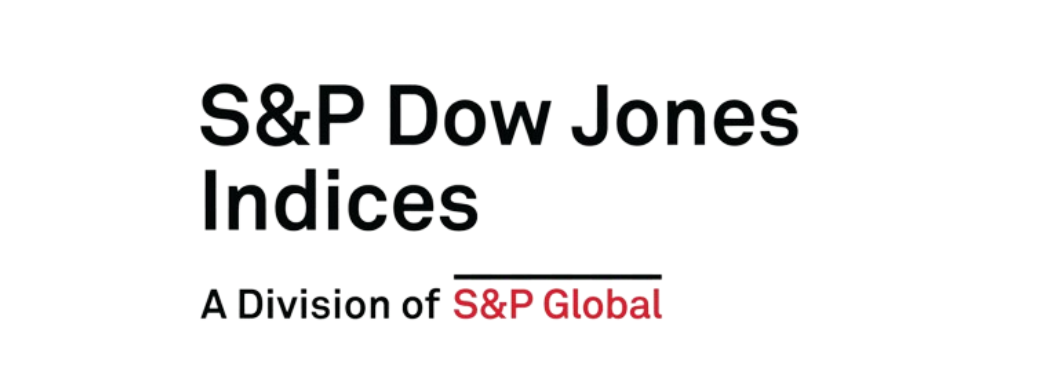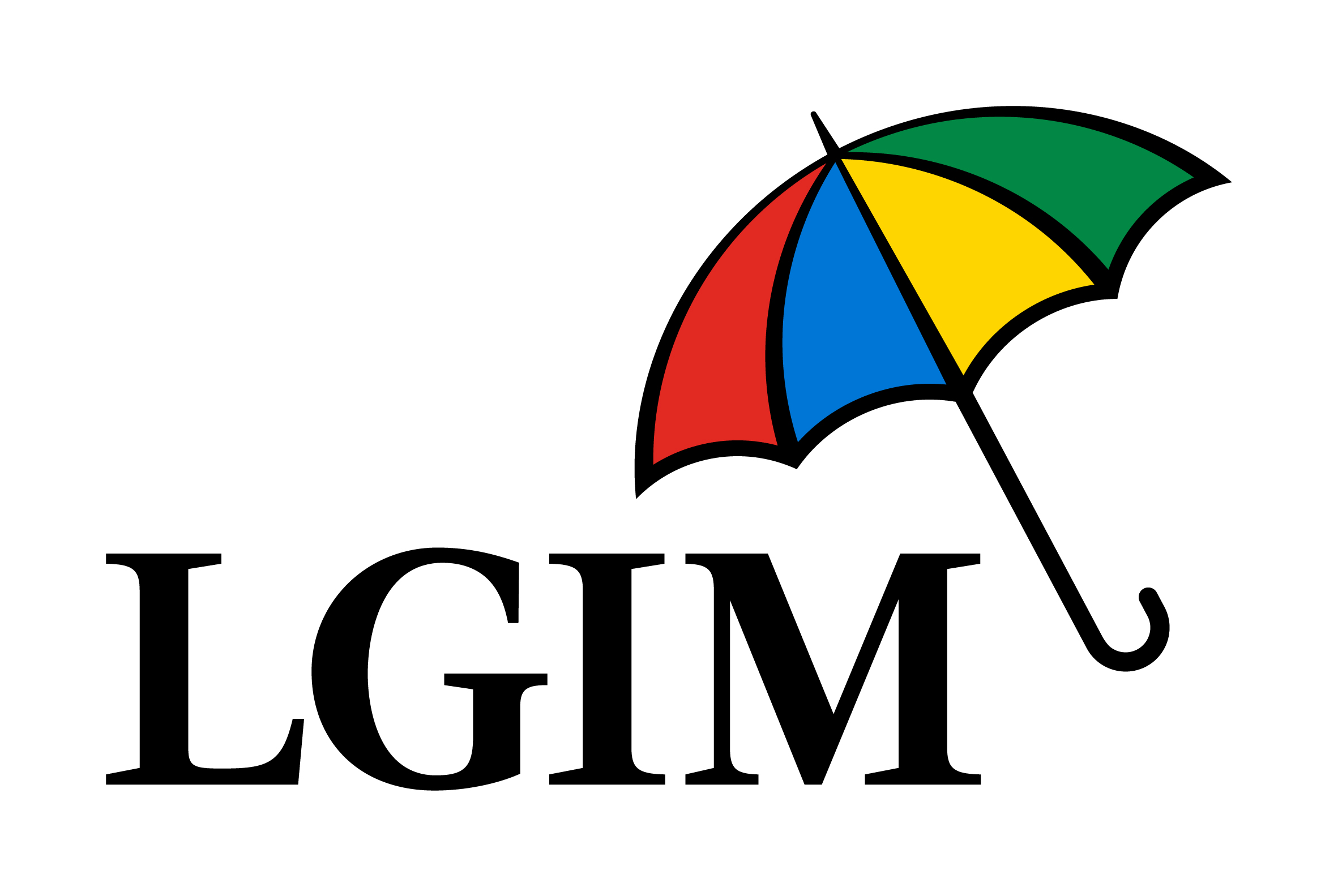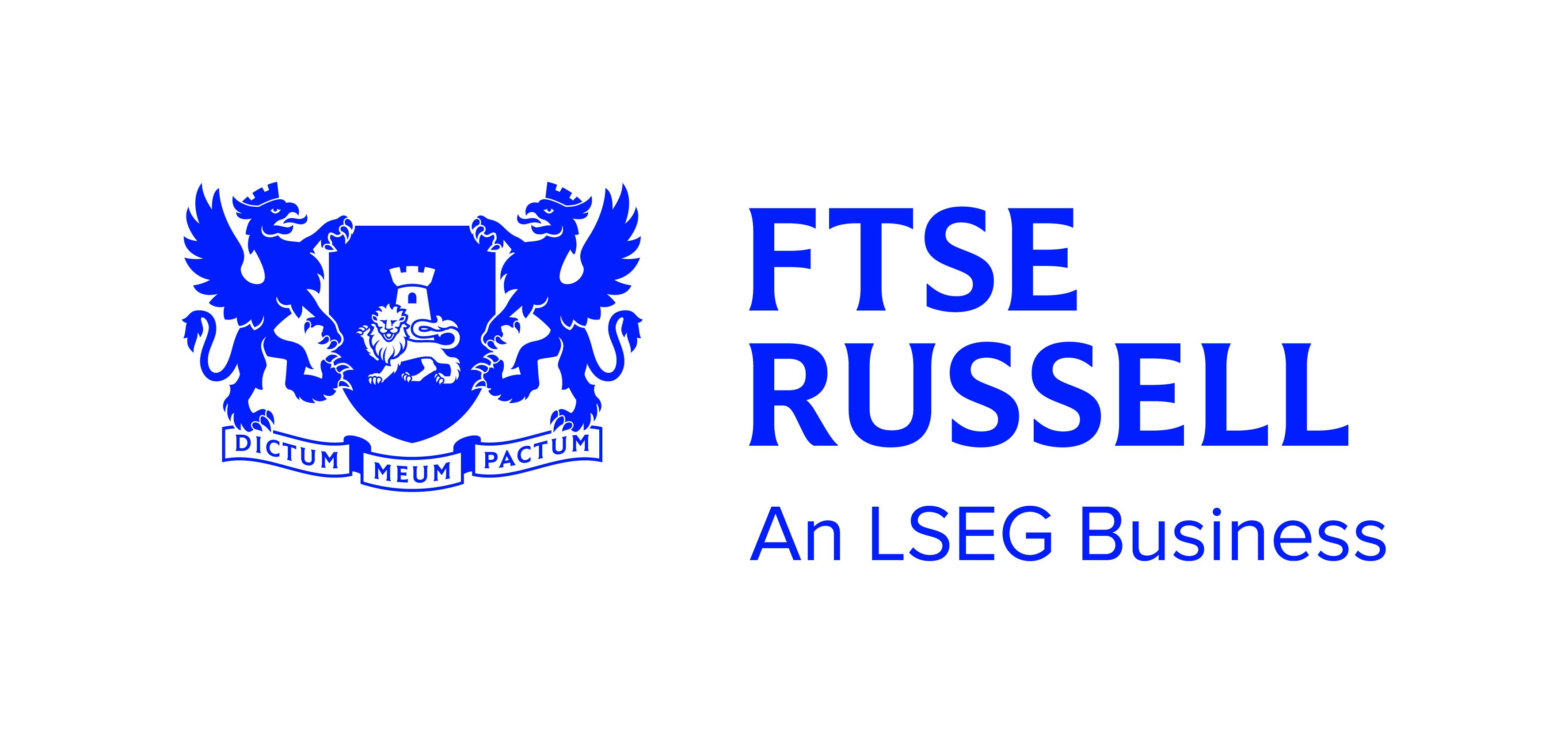The rise of environmental, social and governance (ESG) investing is disrupting the balance of power within the index provider space which is currently dominated by the ‘Big Four’ of MSCI, S&P Dow Jones Indices, FTSE Russell and Bloomberg, according to a report by Planet Tracker.
The report, titled Indexing: Prepare for sustainability-driven disruption, argued the subjective nature of ESG investing combined with the huge inflows into sustainable strategies is driving greater demand for choice and new entrants in the indexing arena.
The rise of passive investing since the Global Financial Crisis (GFC) has inadvertently increased the power of index providers, especially the ‘Big Four’, which currently dominate the market.
As John Willis, director of research at Planet Tracker, said: “The index production landscape is evolving to meet the demands of sustainability-based investment products. Declining fund fees, rising competition in index production and demand for greater consumer choice have all arrived at the same time as the upswing in sustainable investing.
“This offers sustainable investors an opportunity to invest in line with their personal principles, rather than taking the templates on offer. For the braver ones, direct indexing is an option.”
Are the major index providers reacting fast enough to this increasing demand for customisation? No, according to Planet Tracker which claimed index providers might be resisting the multiplication of indices.
The reason for this resistance, it said, was because if the ‘Big Four’ provide more customisation, they undermine the profitability of their existing business models leaving them stuck between a rock and a hard place.
The report gave the example of Legal & General Investment Management when the UK asset manager launched a range of fixed income ESG ETFs last December.
“[LGIM] commented that a number of index providers spoken to, other than JPMorgan, ‘could not or would not help create LGIM’s preferred benchmarks ‘because it undermined their existing business’,” the report said.
Along with demands for greater customisation, the report highlighted falling fees and profitability creating competition as two other reasons why disruption is “inevitable” in the indexing space.
In general, the fees of the major index providers are calculated as a percentage of the product tracking the index’s total expense ratio (TER), a significant cost burden for ETF issuers. However, in recent times, other players such as Solactive have started introducing flat fees on many of its indices, for example.
ETF issuers do little to tackle deforestation, report finds
Furthermore, with fees falling dramatically across the ETF industry, this is negatively impacting index provider revenues.
“Those financial institutions which have index fees based on assets under management will be keen to ensure they remain competitive,” the report added.
Overall, the report concluded: “We believe the index ‘majors’ should prepare for disruption and we expect this to be driven by sustainability demand.”







